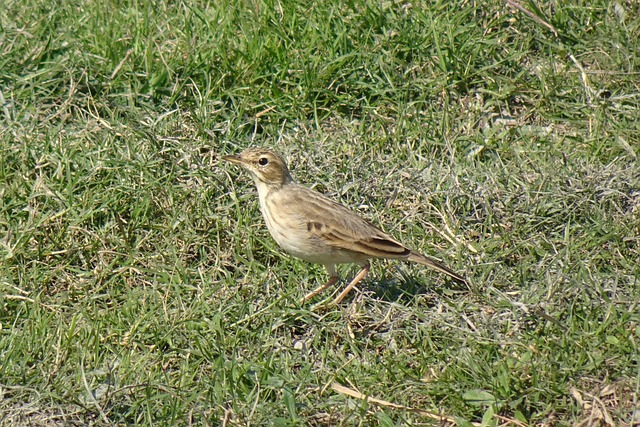etomino 🎱 Etomino: A New Frontier in Sustainable Agriculture

Etomino: A New Frontier in Sustainable Agriculture
In the quest for sustainable agricultural practices, the emergence of innovative solutions is crucial for addressing the pressing challenges posed by climate change, food security, and biodiversity loss. One such solution that has garnered attention in recent years is etomino, a pioneering approach that integrates entomology and agricultural practices to enhance crop productivity while minimizing environmental impact. This report delves into the principles, applications, and implications of etomino in contemporary agriculture.etomino

At its core, etomino is predicated on the study and utilization of insects within agricultural ecosystems. Insects, long perceived as pests, are now being recognized for their potential as allies in promoting healthy crops and sustainable farming practices. By understanding the intricate relationships between insects, plants, and the environment, researchers and farmers can develop strategies that harness the beneficial aspects of insects while mitigating their detrimental effects.
The primary focus of etomino lies in the identification and application of beneficial insects, such as pollinators and natural pest control agents. For instance, the role of pollinators, including bees and butterflies, in enhancing crop yields is well-documented. These insects facilitate the fertilization process by transferring pollen from one flower to another, thus increasing fruit and seed production. By promoting pollinator-friendly practices, such as planting diverse floral resources and reducing pesticide use, farmers can significantly enhance their crop productivity.etomino
Moreover, etomino emphasizes the role of predatory insects in managing pest populations. Natural predators, such as ladybugs and lacewings, can effectively control aphid populations and other harmful pests, reducing the need for chemical pesticides. This not only protects the crops but also contributes to the overall health of the ecosystem. Integrating these natural pest control mechanisms into farming practices is a key tenet of etomino, promoting an ecological balance that benefits both farmers and the environment.
The application of etomino is not limited to the field; it extends to the development of sustainable farming systems. One promising avenue is the implementation of agroecological practices that foster biodiversity. By creating habitats for beneficial insects within agricultural landscapes—such as hedgerows, cover crops, and intercropping systems—farmers can enhance the presence of these organisms and promote their ecosystem services. This approach not only improves crop resilience but also contributes to soil health and water conservation.
Furthermore, the etomino approach underscores the importance of research and education in empowering farmers to adopt sustainable practices. Initiatives aimed at increasing awareness about the benefits of beneficial insects and providing practical guidance on their integration into farming systems are vital. Collaborative efforts between scientists, agricultural extension services, and local communities can facilitate knowledge transfer and encourage the adoption of etomino principles.etomino
Despite the promising potential of etomino, challenges remain. One significant hurdle is the widespread reliance on chemical pesticides in conventional agriculture. The pervasive use of these substances, while effective in the short term, has detrimental long-term effects on biodiversity, soil health, and human health. Transitioning to etomino-based practices requires a shift in mindset—one that values ecological balance over immediate yield gains.etomino

Additionally, the variability of local ecosystems means that etomino strategies must be tailored to specific contexts. The successful implementation of these practices depends on a thorough understanding of local insect populations, crop dynamics, and environmental conditions. Therefore, ongoing research and adaptive management are essential components of the etomino framework.
In conclusion, etomino represents a transformative approach in the field of agriculture, offering a pathway towards sustainable and resilient farming practices. By recognizing the importance of insects as vital components of agricultural ecosystems, farmers can tap into their potential to enhance productivity while safeguarding the environment. The integration of etomino principles into agricultural systems not only addresses immediate challenges but also paves the way for a more sustainable future. The journey towards widespread adoption of etomino necessitates collaboration, education, and a commitment to ecological stewardship, ultimately ensuring food security for generations to come. As the world grapples with the complexities of modern agriculture, etomino stands as a beacon of hope for a balanced and sustainable agricultural landscape.
Fale conosco. Envie dúvidas, críticas ou sugestões para a nossa equipe através dos contatos abaixo:
Telefone: 0086-10-8805-0795
Email: portuguese@9099.com


